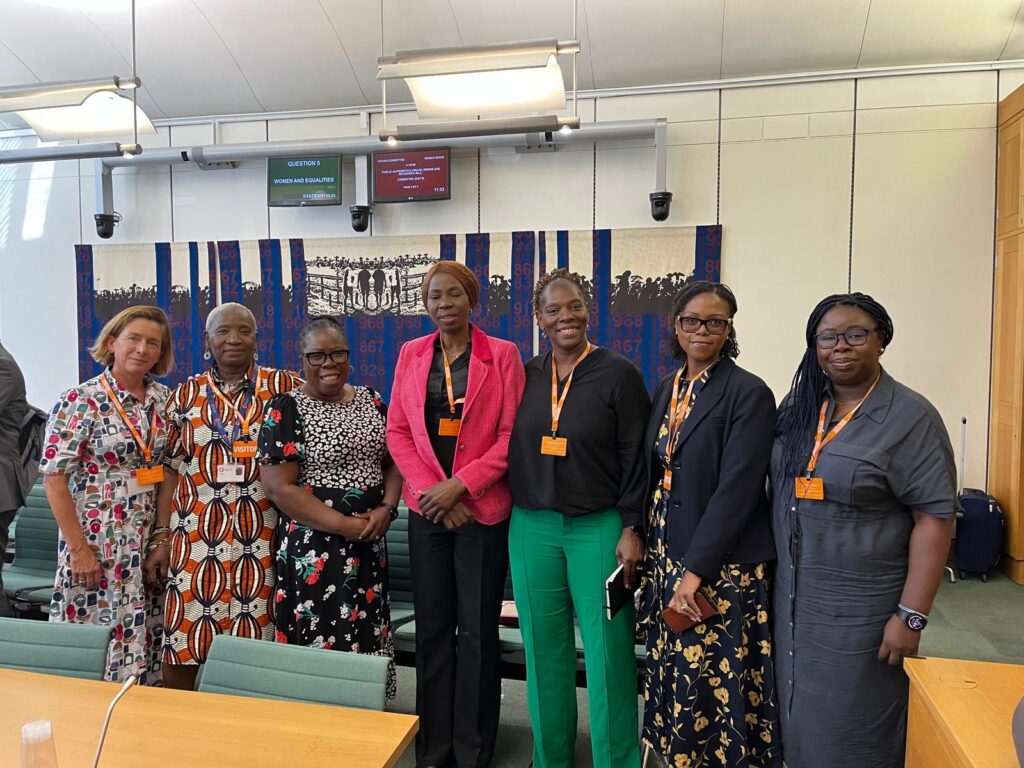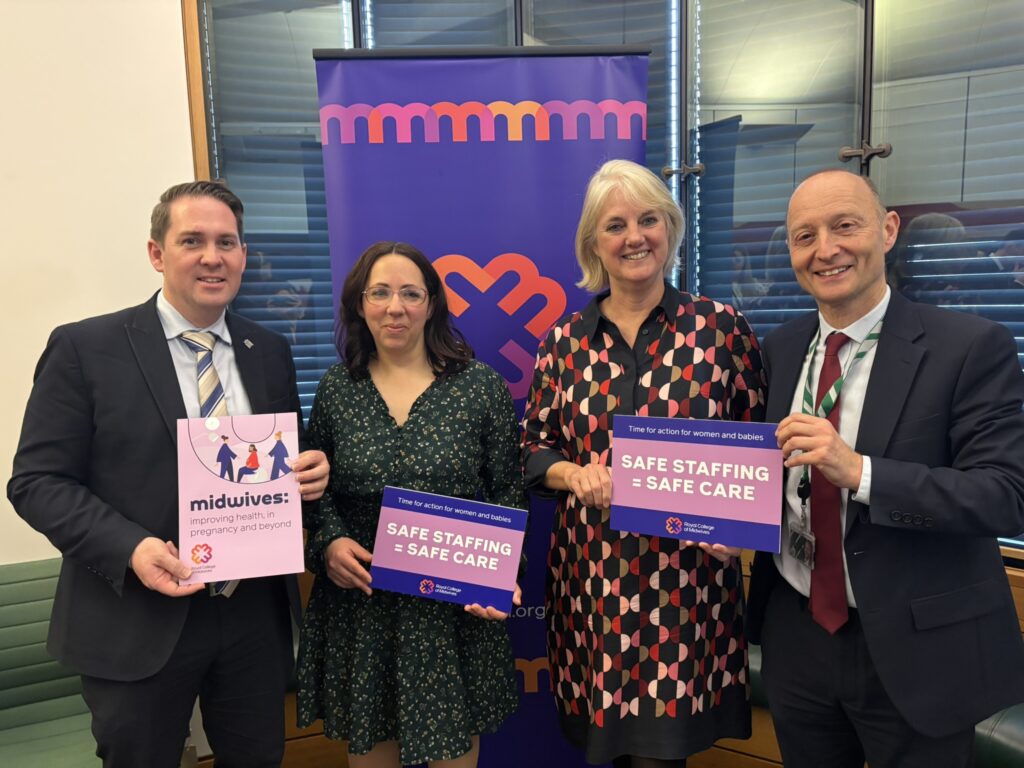Cultural competence, a lack of accurate data and insufficient time with midwives were all highlighted as key issues by the RCM at an inquiry into Black maternal health this week.
The House of Commons Health and Social Care Select Committee (HSC) inquiry is aimed at assessing why, despite several polices and the creation of government taskforce, progress to improve outcomes for Black and Brown women giving birth remains slow. It does this by calling relevant witnesses to give evidence from organisations such as the RCM, women with lived experiences, Government Ministers and groups such as Project Bump, who work to bring together maternity and new-born services.
Giving evidence to the inquiry, the RCM’s Professional Policy Advisor, Janet Fyle, cited a lack of accurate data as one of the key barriers to improving outcomes which she said resulted in “inappropriate models of care for women who are already disproportionately affected, particularly those women struggling with more social complexities, and need more personalised care and support to ensure better maternal outcomes.”
Janet also articulated the importance of cultural competency and how this should be mandatory and meaningful in its delivery to make the changes that are desperately needed. The RCM has previously called for changes to the midwifery curriculum to ensure the curriculum educates students to care for women and babies from global majority backgrounds.
In 2023 the RCM launched a first of its kind toolkit which was co-created with midwifery educators, students and service users to eliminate the continuing legacy of colonialism within midwifery education, which can disadvantage students and put pregnant women at risk.
This was followed by the publication of Decolonising Midwifery Practice in 2024 which recommended NHS Trusts and Boards update guidelines and ensure that their local policies are inclusive and reflective of varying skin tones and cultures. This includes providing advice on detecting jaundice and cyanosis in babies with varying skin tones.
Commenting, the RCM’s Head of Policy and Practice, Clare Livingstone, said:
“Giving evidence to the inquiry this week gave us a real opportunity to offer practical solutions that the RCM believes can support the changes we urgently need to see. It should not be the case in twenty-first century Britain that these inequalities exist. That Black and Asian women are at greater risk is a disgrace We owe it to these women to take collective action now. We know when there are too few midwives women aren’t getting the time they need to build and develop trusted relationships. We told the inquiry that this is a real missed opportunity, as midwives are best placed to deliver public health messages. Equally additional time allows for midwives to pick up on any underlying physical or mental health issues that may require additional support from the wider maternity team.”
The RCM also told the inquiry that continuity of care has been shown to make a difference, however it requires sufficient staff for it to be delivered effectively and safely. Also, access to midwifery hubs and clinics within the communities most at risk are crucial to improving outcomes.
Clare added:
“Crucially the lived experience of women and their families must be at the centre of the drive to tackle existing disparities once and for all. We must really listen to them, learn from mistakes, share good practice and support our hardworking staff as we strive to make improvements together. The Government has said that they want to make this a priority. This work is already a priority for the RCM, and we are ready to work with them to make the urgent changes we need to see.”


